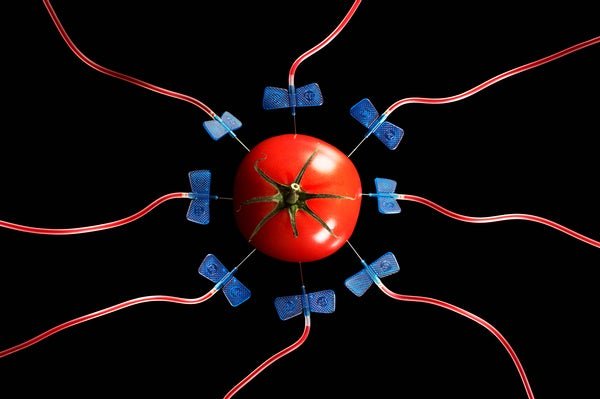By The New Times
A very important meeting is taking place in Kigali but many are unaware how much its outcomes could be worth billions and what’s at stake.
Africa Food Security Leadership Dialogue is being held at a time when the continent is at its lowest food-secure stage and things are not made any easier by climate change.
At the meeting, what the experts were pushing forward most was emphasising that Africa was at the cross-roads of hunger. Its only salvation was adopting technology in growing food, they were talking about Genetically Modified Organisms (GMO); using seeds that are pest and weather-resistant and with much more yield.
The mere mention of GMO could make some people ran back to the rainmaker or the village seer to keep away the locusts. It has a not-so-good reputation.
For decades, the giant of GMO technology has been Monsanto, well, until sometime last year or so when it was “swallowed” by the German drugmaker, Bayer, for a cool $66 Billion.
While biotechnology is the way to go, there is a need to tread carefully so that no one person or entity corners the seed market, accusations that have followed Monsanto for years.
It is easy for a behemoth like Bayer-Monsanto to become a target of covetous conspiracies, but it has done little to salvage its image, especially on this continent, or in the eyes of the over 13,000 plaintiffs, most of them suing over a controversial weed killer, Roundup, said to cause cancer.
One piece of advice to those in the food industry; bringing experts from all over the continent as salespersons will not earn the trust of a suspicious and better-informed people than in past generations. You need to partner with and deal with them openly. They need to own the transition towards biotechnology, but rest assured, lobbyists will hardly get past the first layer of defence; trust.
Source: The New Times






